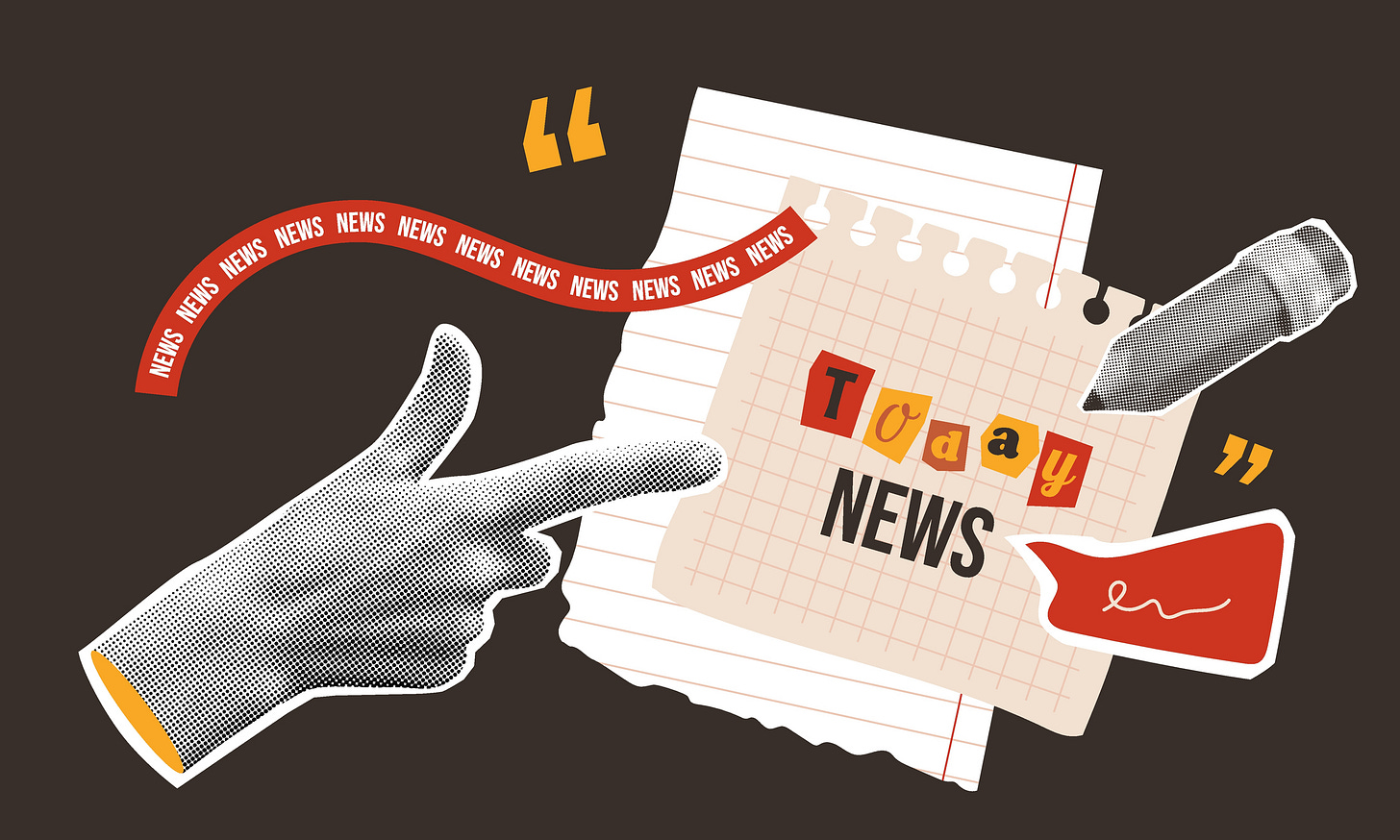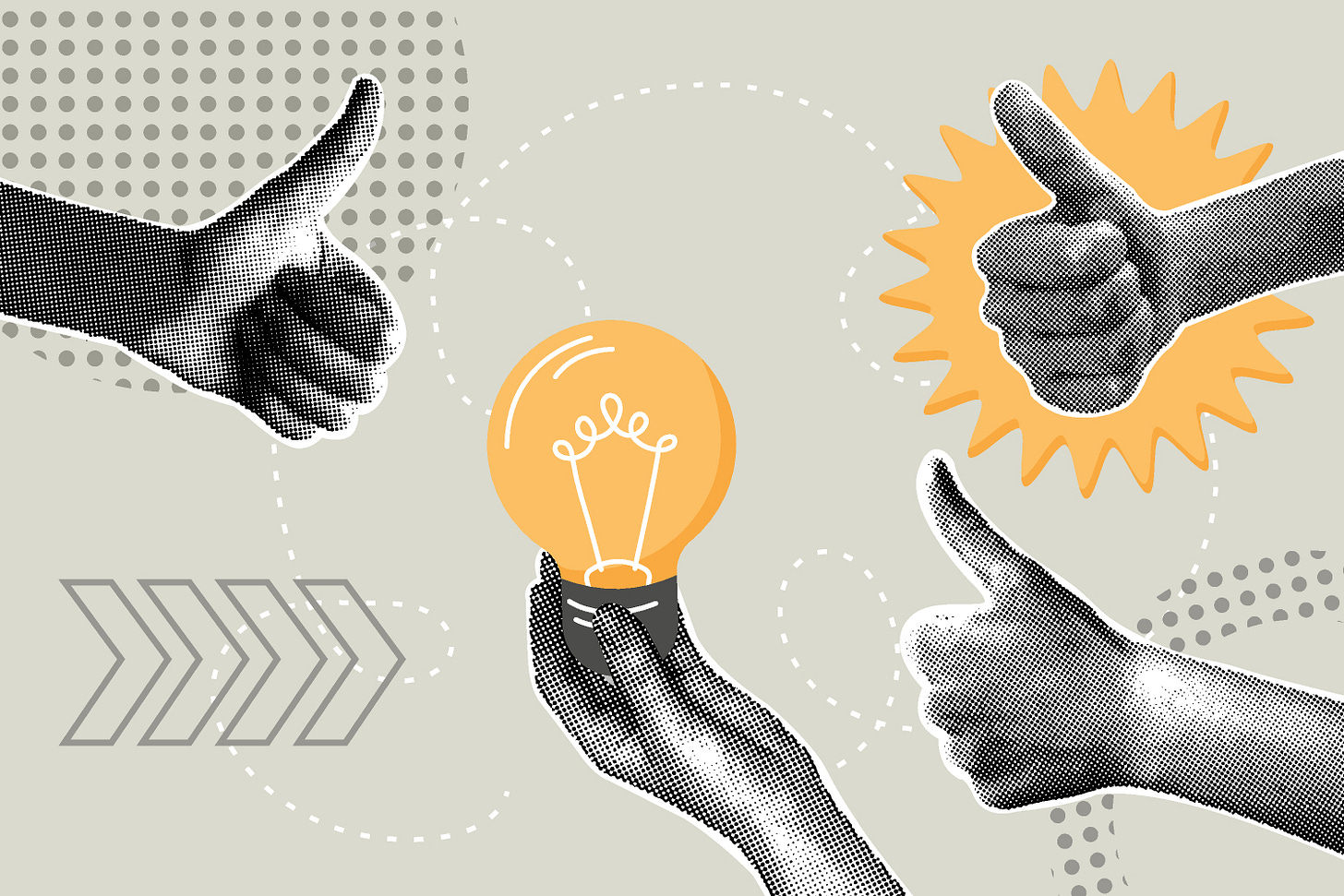What Not To Do in an Interview
Job interviews can be awkward. You get an hour or two at most to share the perfect snapshot of your qualifications and personality. The pressure's on. If you slip up, you may lose the opportunity or agree to a job you don't want.
Navigating a job interview is an art form that comes more naturally to some people than others. When you're interviewing for a job, there are a lot of things you should do and tools you can use to ensure interview success. There are also some things that you shouldn't do if you want a second interview or a job offer. You also don't want to give a false impression—even if it's a good one—because it can come back to bite you later.
Don't Do These 12 Things During a Job Interview
Employers are evaluating more than just your resume during the interview process. Here is what not to do when you're in the hot seat.
1. Don't arrive too late or too early.
Arriving on time is the most basic prerequisite for a job interview. This goes double for online interviews, where the only excuse to be late would be an equipment malfunction. For in-person interviews, prepare your travel carefully and leave a cushion for unexpected delays. If you are late due to an emergency, communicate with your contacts.
However, don't arrive too early for your interview and force yourself to sit nervously in full view in a waiting area. Plan to arrive no more than ten minutes earlier than your interview appointment time. You can grab a cup of coffee nearby if you get to your destination earlier than expected.
2. Don't come unprepared.
By the time you walk into a job interview, you have hopefully researched the company and the potential position. While most hiring managers won't expect you to know everything about a new job, you should peruse the company's website, LinkedIn page, and social media outlets, so you’re familiar with the organization and the role. If you come into the job interview without preparing, one can only imagine your performance on the actual job.
2. Don't dress too casually.
It's better to be overdressed than underdressed. Err on the side of overdressing to demonstrate that you are serious about the opportunity. Research the company's website and social media pages to learn about their culture, and always dress one step up for an interview. If you're not sure what to wear, ask the person who scheduled the interview for advice.
3. Don't appear disorganized.
You want to appear organized and focused. Don't come to a job interview with a thousand bags or papers in tow. Keep it to one, neat, professional bag with a pen and a few copies of your resume, references, and other application requirements. Keep your paperwork neat in folders or binders, and make sure that everything is easy to find so that you don't have to rummage around.
If you're doing an online interview, tidy up your background. Don't let the hiring manager see all of those candy wrappers littered around your workspace.
5. Don't be rude to anyone you meet.
Everyone in the office is part of your hiring process. You never know if you're riding the elevator with the CEO—and it really shouldn't matter if they are the CEO or the receptionist. Treat everyone you encounter with the utmost respect. Rudeness toward your colleagues is an instant deal-breaker for many companies.
6. Don't look at your phone.
You want to be as engaged and present as possible, so don't glance at your phone during an interview. Most of us are semi-addicted to those incoming messages and alerts, so knock out the temptation by silencing your cell.
If you have kids, an elderly person, or another potential emergency in your life, you can set your phone to ring only when specific numbers call you. Your interviewer should understand if you absolutely must take an emergency call. Otherwise, put it away.
7. Don't use negative body language or negative expressions.
Try not to lean back, slouch, or display disinterest through your posture. Lean slightly forward to engage your interviewer(s) and show an interest in what they are saying.
If you find that you haven't smiled in a while, try it. Interviewers want to know that you're enthusiastic about the position. Other negative expressions that suggest anger, nervousness, dejection, or anxiety should be left at home. Remain calm and professional so your emotions don't distract from your qualifications. You can always scream into your pillow later on.
Of course, if a disability precludes you from doing any of these things, an interviewer, by law, must not hold it against you.
8. Don't interrupt or talk too much.
Listening is an underrated interviewing skill, and routinely interrupting a hiring manager is not a good idea. Make sure you know what your interviewer is driving at before you launch into an answer. You don't want to do all of the talking. Here are tips for listening and responding during an interview. Getting into a cadence of listening and speaking is particularly important in virtual interviews, where interruptions can bring the conversation to a halt.
9. Don't lie.
There are many reasons why you shouldn't lie during a job interview. You might get caught inflating your qualifications, for example, which will almost certainly cost you the job if the employer figures it out. If you do get the job despite not being honest, you could be fired later on if the company finds out that you lied to get hired.
Furthermore, there's no reason to lie when you can instead emphasize your willingness to learn or refuse to answer potentially discriminatory questions. For example, if an interviewer asks how much money you made at your previous job, you can deflect by saying, "I would much rather focus on this position."
In fact, many states have made it illegal to ask the interview question "How much did you make at your previous job?" and it is against federal law for job interviewers to ask applicants about their pregnancy status, age, and potential disabilities, among other subjects.
11. Don't play favorites.
Do not unintentionally play favorites during group interview situations. There is a natural tendency for most of us to feel a stronger chemistry with one or more of our interviewers than the others. You might look at the comfortable person more often or address your answers or questions to her more frequently.
Make a deliberate effort to focus equally on each of your interviewers since it is likely that each of them will carry weight in the decision-making process. If you do have to participate in a group interview, here's how to handle the situation with finesse.
10. Don't eat in a distracting way.
Avoid eating or chewing gum during a job interview. Eating is an informal experience, and you want to avoid unnecessary distractions or mess. Eat beforehand so that you're not hungry. Stick to one cup of coffee, water, or tea, then proceed to sip and ignore it throughout the interview.
If you are in a situation where you must eat, such as a lunch or dinner interview, you still want to make the food as straightforward and unmemorable as possible. Order a small portion of something that can be gracefully consumed, like a salad, for example, instead of pizza or oily pasta. Don't let eating get in the way of your conversation. Here's more information on how to handle an interview at a restaurant.
Also, avoid ordering alcoholic beverages. It doesn't matter if anyone else is drinking; you want to stay 100 percent lucid and professional.
12. Don't accept or reject an offer on the spot.
Your judgment is usually clouded during a job interview. Often, your adrenaline is high, and you want to please the boss. Alternatively, perhaps you had an encounter with someone in the office that rubbed you the wrong way, so you're feeling down on the job overall. Either way, an interview isn’t the time to accept or reject a job offer. Don't give them an answer right away. Ask for time to think it over so you're as sure as possible that this is the right job for you.
New & Noteworthy
Hiring Slows Down: According to HR Brew's latest hiring survey, 50% of respondents plan to hire approximately the same number of people in the second half of 2025 as they did in the first half. Another 26% will hire fewer workers, while just 21% plan to hire more. The primary reason cited for the hiring slowdown was economic uncertainty.
Low Fertility Rates Threaten Social Security: People in the U.S. and other industrialized nations are having fewer babies for a variety of reasons, some of them positive. For example, young couples have more options than their forebears in terms of growing their careers. However, governments are increasingly concerned about developing their workforce in a future with fewer potential workers. And, safety nets like Social Security depend on new generations of contributors to sustain them.
Are You Getting Pushed Out of Your Job?: Sometimes employers opt to make life difficult for employees in the hopes that they will quit. It can be easier than firing someone (and they may not have to pay unemployment benefits). The HR Digest reports that quiet firing occurs when employers take action to make the workplace difficult. This could include overloading or reducing job responsibilities, withholding raises or cutting pay, enforcing strict policies, or even cutting benefits.
Our Favorite Tools & Tips
Get Help From Google: Learn about career options, take a course, earn a certificate, write your resume and cover letters, track your applications, find the latest job listings, and practice interviewing with Google's career and job search tools.
CareerOneStop Unemployment Benefits Finder: Select your state to learn about eligibility, benefits, and answers to questions you might have about unemployment in your location.
How To Write an Interview Thank-You Email: Following up after an interview with an email, note, or even a formal letter is quick and easy. Taking the time to do so will help you leave your interviewer with the best impression. Here's how to write an interview thank-you note, with examples.
Sponsored by Remote Rocketship
Remote Rocketship scans the internet for remote job listings, and you’ll find over 100,000 remote roles, many of which aren’t listed on LinkedIn or job boards. The basic version is free. The premium version is $6 per week, with monthly and yearly discounts. To access all the job listings, use promo code JOBHOPPER for a 20% discount.
Note: We may receive a small commission if you sign up using this link.




